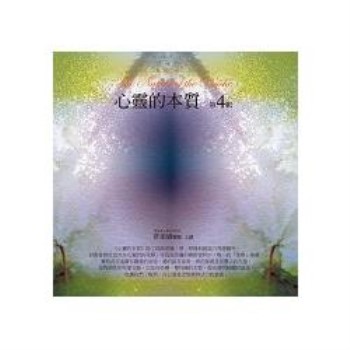As utopias question social ills and express human wants and unfulfilled dreams, they offer insights into the problems, desires and ideals of a certain time. This book uses this lens to examine cultural representations of ageing and old age in utopian writings from the Renaissance till today.
The individual chapters offer detailed analyses and interpretations of numerous utopias from Thomas More’s Utopia (1516) to contemporary science fiction. Through close readings, the book explores age-related fears and ideals and investigates how perceptions of ageing and the life course as well as attitudes towards older people have developed over the centuries. Covering a large time span and a broad range of different utopias, the book identifies long-term developments and also puts certain dreams such as that of ever-lasting youth into a wider perspective. It thus enriches both our understanding of the cultural history of ageing and the history of utopian thought.
The book will appeal to scholars and students from the fields of cultural gerontology and utopian studies, as well as literary studies and cultural history more generally.

 看圖書介紹
看圖書介紹










